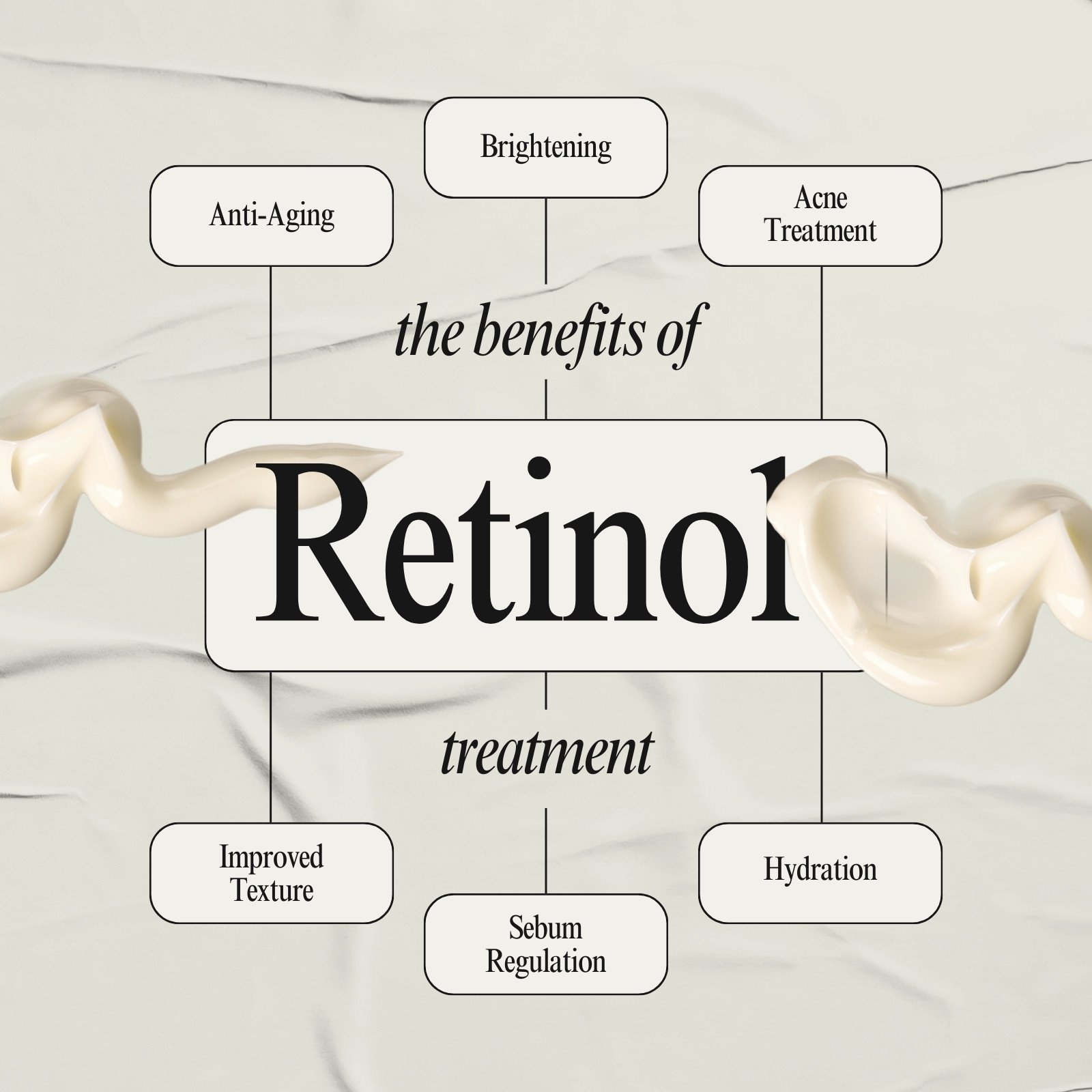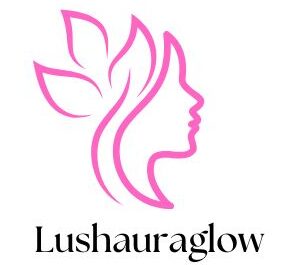What Are the Effects of Retinol Cream? The Ultimate 2025 Manual to Its Benefits, Myths, and Applications
As the ever-changing world of skincare continues to evolve, few products have withstood the vicissitudes of time, science, and hype as effectively as retinol has. When it comes to fine lines, acne, dark spots, or uneven skin, there is a good chance someone has pushed a retinol cream into your reluctant hands.
But what exactly does retinol do? Is this something that works? What are the clinical effects, and what are some myths that are still circulating? Most importantly, how to use it would be a significant factor in determining whether it is good for your skin.
“This detailed guide will speak about retinol cream, explore the scientific basis of results from the perspective of debunked myths towards the application, with dos and don’ts recommended by professionals in a culture that is already highly aware of skin care in 2025.
What does retinol mean anyway?
It is a metabolic product of Vitamin A, a fat-soluble vitamin required for skin health, along with vision and cellular development. Retinol falls under retinoids, which comprise over-the-counter as well as prescription-grade products.
What Are the Effects of Retinol Cream Retinol is much milder when compared to the prescriptive version of the dosage using tretinoin (retinoic acid). This is because the skin must change retinol into a form that can be utilized. Results by retinol are strongly effective; this makes it appropriate for use for a long time, especially for people with sensitive or dry skin types, despite the much slower action.
The Science Behind Retinol: How it Works
Retinol is just the magic ingredient that peeps into your skin to tell you what it does to your skin below. This is what retinol does in your skin:
- Speeds up the Cell Turnover:
Retinol stimulates the natural process of skin renewal. In other words, dead skin cells will be sloughed off quickly, allowing new, healthier cells to rise to the surface. - Stimulates Collagen Synthesis:
In deference to this, retinol stimulates the formation of collagen and elastin, wherein proteins perform a role in the general firmness and elasticity of the skin. Thus, skin appears well and youthful, and as it gets to the recovery, that wrinkle reduction is because of the higher levels of collagen. - Regulates Sebum:
Thus, this makes retinol highly effective in oil-secreting, acne-prone patients. - Antioxidant Protection:
Retinol acts as an antioxidant by neutralizing the free radicals that pollution, UV rays, and stress contribute to the premature aging of the skin and begin the process of aging.

Retinol Cream Benefits Backed by Science
What Are the Effects of Retinol Cream The following are some of the most important skincare benefits derived from the regular use of retinol:
- Reduces Fine Lines and Wrinkles
Collagen depletion can begin as early as the mid-20s, and retinol slows down the process significantly by stimulating collagen formation while gradually seeing to it that the depth and number of wrinkles are reduced in the skin. - Improves Texture and Smoothness
Retinol can very change skin temperature, roughness, flaking, and dullness with time as it continues giving way to a smooth and brilliant surface. - Reduce the Size of Pores
However, in unclogging pores and tightening the tissue that surrounds it, retinol makes pores appear smaller. - Fights Acne and Prevents Further Breakouts
Retinol creams are able to treat inflamed pimples while at the same time keeping pores clear and reducing inflammation, hence preventing new breakouts. - Faded Dark Spots and Hyperpigmentation
Retinol is the best dark spot remover, such as lentigines; it works even for melasma and post-inflammatory hyperpigmentation (PIH), through continued use will make the skin tone even. - Increases the Absorption of Other Ingredients
By action, retinol hastens skin turnover such that it likewise increases penetration of serums and moisturizers for deeper, effective benefits. Proper Application of Retinol Cream
Like an art, retinol application. Effective though, it irritates if used wrongly. Thus, here is how to use the retinol in the regimen safely:

Step One: Choose the Right Strength
For beginners:
Start with a 0.25% to 0.5% concentration of the stuff. Use it 2-3 times a week to begin with. Gradually increase the frequency to every other night and then nightly over 2-3 months. More advanced users can move up to 1% or even more – only if the skin tolerates it.
Step Two: Apply at Night
Sunlight breaks down Retinol; thus, it is best used at night, browsing at the steps. Cleanse the face and towel dry. Wait for 5-10 minutes so that the skin dries off completely. Spread over the entire face with pea-sized retinol (not applying in the eye area). Follow up with a moisturizer to seal in hydration and reduce irritation.
Step 3: Daily Sunscreen Application
Every single day, Retinol will sensitize the whole being to the sun. Use an SPF every day. A broad-spectrum SPF of 30 and higher should be selected, then reapplied to any exposed areas of the skin every 2 hours when exposed to sunlight.
Optional: Apply the Retinol Sandwich Method
The deep moisturization caused by applying a moisturizer layer will next be followed by a retinol application, followed by a dose of moisturizer again.
This method reduces irritation for sensitive skin:
- Apply a thin P layer of moisturizing cream.
- Put in your retinol cream.
- Put a second layer of moisture on top of that.
What You Should Not Do with Retinol
Avoid the use of retinol in combination with benzoyl peroxide, AHAs (such as glycolic acid), or BHAs (like salicylic acid). Do such combinations only under medical advice.
Do not put this on damp skin, or else penetration will increase and irritation could occur.
Use moisture as well as sunscreen; either of their absence will increase the chances of dryness, peeling, and even sunburn.
Clearing Some of the Most Common Myths About Absorbing Retinol
The first misconception is that “retinol thins the skin.” Whereas the truth is that retinol builds collagen, hence thickening the skin as time passes. The short-term effects are peeling, which occurs because of cell turnover, not thinning of the skin.
Myth 2: “You can’t use retinol on sensitive skin.” Truth: Retinol can prove beneficial for sensitive skin. Use a low-strength formula, apply less often, and buffer with moisturizer.
Myth 3: “Retinol works fast.” Truth: Retinol is patience. The 6 to 12-week mark sees some visible effect, with continued improvement pushing out months later.
Myth 4: “No retinol in summer.” Truth: Use retinol in summer, but with much vigilance on sunscreen and keeping out of the sun as much as possible. Myth 5: “You have to purge before results.” Not everyone purges. If one does, it will last for 2 to 6 weeks and be temporary.
Who Is This Retinol Cream Meant For?
Proper use says retinol is for almost any type of skin and hereunder are some categories for consideration.
Perfect Candidates:
Whenever prevention or remedy for aging signs is the issue, this group alternates beginning in the mid-20s and above.
These categories include acne-prone, oily, and congested skin.
Those suffering from hyperpigmentation or dark spots or have an uneven complexion.
Poor Candidates:
Consult your physician regarding any pregnant or nursing women.
People with highly reactive skin, and who tend to rosacea, unless they are placed on it by the doctor.


Best Retinol Creams to Try in 2025
Here are all of the recommended retinol creams and serums approved by dermatologists in 2025:
🌿 For Beginners
CeraVe Resurfacing Retinol Serum-often gentle, always fragrance-free, contains calming niacinamide.
The Ordinary Retinol 0.2% in Squalane is extremely affordable and suitable for dry skin types, users of the product say.
🌟 For Anti-Aging
ROC Retinol Correxion Deep Wrinkle Night Cream-clinically proven and truly a drugstore darling.
Neutrogena Rapid Wrinkle Repair Retinol Oil-gentle enough but effective on mature skin.
💧For Sensitive Skin
La Roche-Posay Retinol B3 Serum has Vitamin B3 or niacinamide to soothe the skin.
Neutrogena Rapid Wrinkle Repair Retinol Oil-gentle enough yet effective on mature skin.
How Long Does It Take to Show Results?
- Both retinol and results are never instant; they call for a commitment. Results vary for different skin types, age, and strength of the product, but here is a generalized timeframe:
Weeks 1 to 2 Now the skin may dry out and feel a bit irritated. - Weeks 3 to 6-Mild peeling and possibly purging may start, with texture appearance improvement.
- Weeks 6-12: Marked variants in acne, fine lines, and pigmentation visible.
- 3-6 month mark: Improvements are drastic- firm skin, even tone, less wrinkles, clearer.
- Stay faithful to your skincare routine: never quit early.
Moisturizing after retinol treatment is a must to avoid drying.
- The neck and chest are just as deserving of attention as the face.
- Let your skin adjust if using multiple actives: Vitamin C in the morning; and retinol at night.
Stop the use of retinol a few days before having those facials, waxing, and chemical peels. Quick Summary Retinol = Vitamin A derivative that considers wrinkles, acne, texture, and spots.Use it at night; start from low strength; apply sunscreen daily.
Expect at least 2-3 months of visible results, and continuous improvement thereafter.
Don’t fall for such myths – this is one of the safest and most effective therapies for all skin types.
Use the appropriate formula for all your needs and always follow with a moisturizer.
Final Thoughts: Worth It Retinol?
Absolutely Of all the scientifically-backed and dermatologist-recommended positives in skincare, retinol stands tall as the crowning glory. Use it right and the results will remain unmatched by whatever moisture or serum plus regimen. Yes, it involves a bit of patience, a few weeks of adjustment, and nice sunscreen habits — but the long-term rewards are glowing, youthful, and healthier skin.

